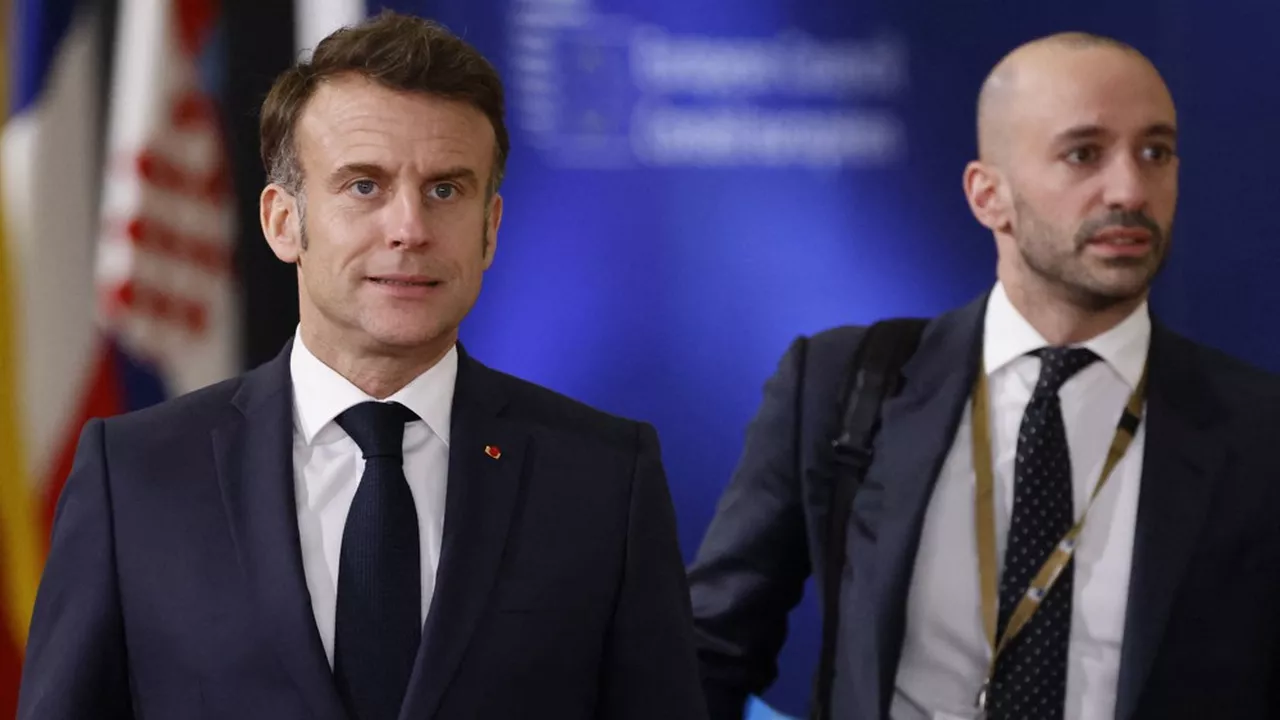Starmer Claimed Victory Over Every Challenge — But Labour Faces Turbulence Ahead
Despite Sir Keir Starmer’s assertions of steady leadership and readiness for government, recent political setbacks and mounting criticism suggest Labour’s road to power may be rockier than expected.
When Sir Keir Starmer sat down for an interview earlier this year, he projected the calm confidence of a leader who had, in his own words, 'met every challenge'. After years of rebuilding the Labour Party from its post-Corbyn identity crisis and maneuvering through Brexit fallout, pandemic recovery, and internal factionalism, Starmer seemed poised to finally lead Labour back into power. But just months before a likely general election, the political atmosphere has taken a stark turn.
Labour, once comfortably ahead in the polls, is now facing headwinds on multiple fronts —from policy credibility and voter trust, to growing unrest within its own ranks. A Dip in Momentum Recent by-election performances and polling data suggest that Labour's lead over the Conservatives is softening. Though the party still leads nationally, the margin has narrowed, particularly in battleground constituencies.
Analysts warn that a fragmented electorate and surging third parties—like Reform UK and the Greens—could lead to a hung Parliament or force Labour into unexpected electoral battles. Sir Keir’s team maintains that the fundamentals of their campaign remain strong, but senior figures privately concede that enthusiasm has waned and messaging has become muddled. Policy Pressures and Public Perception A major source of recent criticism has come from Starmer’s policy reversals and cautious centrism.
Once-promised transformative reforms on public ownership, green energy spending, and tuition fees have either been diluted or dropped entirely. Voters and Labour activists alike are questioning whether the party still stands for bold change or if it has become risk-averse in pursuit of electability. > “We’re in danger of trying to win by not offending anyone, but that also means we’re not inspiring anyone,” said a frustrated Labour backbencher.
Starmer’s signature pledge to restore trust in politics is also under scrutiny. Recent media investigations have pointed to internal Labour divisions and dissatisfaction among trade unions, particularly after tensions with Unite over defence procurement policies and wage negotiation stances. Economic Headaches and the ‘Green Delay’ One of the most damaging episodes in recent months has been the delay and partial rollback of Labour’s flagship Green Prosperity Plan.
Originally billed as a £28 billion-a-year investment into clean energy and green jobs, the plan has been pared down significantly—drawing criticism from climate advocates and economists who argue it shows a lack of ambition. The party claims this was a pragmatic adjustment given fiscal pressures and Tory accusations of “unfunded promises,” but many see it as a retreat from leadership. Media and Messaging Misfires Labour’s media operation has also been under the spotlight.
A series of miscommunications and unclear policy launches have blunted Starmer’s message. His recent comments on immigration, tuition fees, and Gaza have drawn backlash from both right-leaning commentators and progressive voters, leaving some questioning his moral clarity. > “There’s a vacuum at the heart of this campaign,” one former Labour adviser said.
“You need vision, not just competence. And right now, people aren’t sure what Starmer’s vision actually is. ” Personal Style: Steady or Sterile? Starmer’s supporters continue to praise his steady, lawyerly demeanour , arguing that after years of Tory turbulence, the public wants calm, responsible governance.
But critics claim that this very steadiness has become sterility—that Starmer lacks the charisma or emotional resonance needed to galvanize broad public enthusiasm. Even voters who prefer Labour express concerns about lack of inspiration or fear of another centrist drift akin to the late Blair-Brown era. Internal Dissent Grows Louder Tensions within Labour's base are beginning to surface.
Members of the left-wing Momentum group and certain union leaders have begun calling for clearer commitments on economic justice, housing, and public services. There are murmurs of rebellion at the upcoming party conference if Starmer does not reconnect with core progressive principles. Meanwhile, youth engagement—a key Labour demographic—appears to be slipping amid generational frustration over unaffordable housing, climate anxiety, and disillusionment with all major parties.
The Bigger Picture: A Moment of Reckoning Despite these setbacks, Labour still has a viable path to power. The Conservative government remains deeply unpopular, plagued by scandals, inflation, and stagnant growth. But Labour’s presumed inevitability has evaporated—and Starmer now faces the most delicate phase of his leadership.
Can he reenergize his campaign with a bold, coherent vision? Or will tactical ambiguity and risk-aversion cost him the very majority he’s spent years working toward? Conclusion: From Confidence to Crossroads When Starmer said he’d 'met every challenge,' he spoke with the conviction of a man who had outlasted internal wars and external doubts. But now, new challenges—of authenticity, clarity, and public faith—are surfacing faster than ever. The coming months will determine whether Starmer is truly the leader to reshape Britain—or simply a caretaker in waiting.
23rd july 2025



